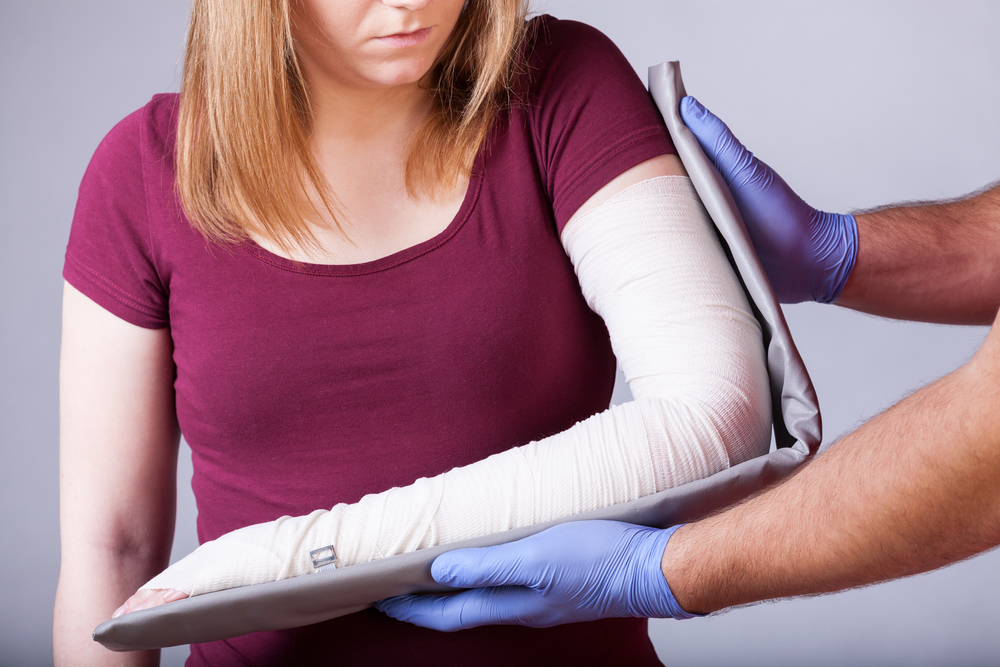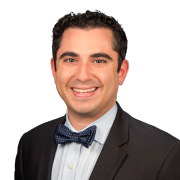Search
Find a Physician
An elbow fracture is a broken bone in one or more of the three bones that make up the elbow joint. They include the:
There are several types of elbow fractures. Among the most common is a supracondylar fracture, which occurs in the humerus, just above the elbow; a condylar fracture, which occurs in the humerus just above the elbow, but involves the joint surface; and an epicondylar fracture, which is a bone break at the tip of the bony protrusion on the inside or outside of the elbow.
Fractures of the elbow can be closed or open. A closed fracture is a break that doesn’t puncture through the skin. With an open fracture, the bone breaks through the skin, leading to an increased risk of infection.
Elbow fractures are often caused by trauma, such as a fall, a car accident or an impact in sports. Stress fractures and poor bone health (osteoporosis) can also put you at increased risk for elbow fracture.
Seeing an Orthopedic Institute of New Jersey (OINJ) orthopedic elbow specialist can help ensure the best possible outcome. Diagnosis will begin with an X-ray to determine the extent of the injury. Sometimes a computed tomography (CT) scan is needed for more detail. If the fracture isn’t severe, your elbow doctor may immobilize your elbow in a cast or brace. If your elbow fracture requires immobilization, you may need training to use your other hand, depending on where the fracture is located. If the bone is broken in several places, you may need surgery to correctly realign bones. Surgical fixation with plates, screws, pins or rods may be need to put your fracture back together and hold it in place while it heals.
Your OINJ elbow surgeon may also recommend scar massage, ultrasound, heat, ice and/or splints to help stretch the joint to maximize motion and decrease the chance of elbow stiffness.
After the bone has healed, physical therapy can help retrain any muscles that have become weak from disuse. The goal of treatment is to put the bone back together, protect it until it heals and then recondition the entire extremity to get you back to doing what you love.
OINJ PHYSICIAN’S ADVICE
Where the fracture is and its severity will determine the treatment required.
Frank J. Corrigan, MD
MD, OINJ Orthopedic Surgeon
OINJ PHYSICIAN’S ADVICE
Diligently doing your physical therapy exercises at home will give you the best chance of reclaiming strength and flexibility in your arm.
Christian J. Zaino, MD
DO, OINJ Orthopedic Surgeon


